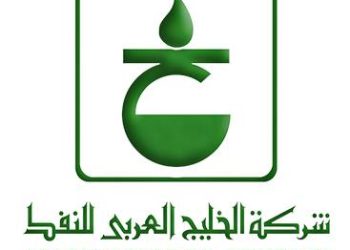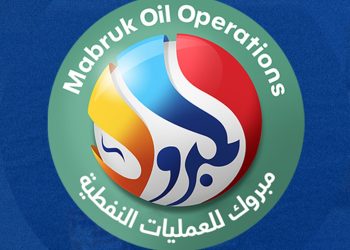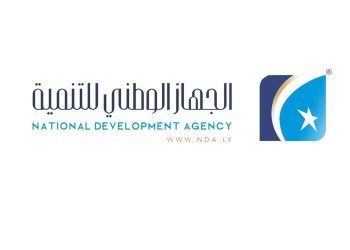By Libya Herald reporter.
Malta, 21 February 2015:
In an overview of the economic and financial situation, the GNC/Libya Dawn Tripoli-based prime minister . . .[restrict]Omar Al-Hassi maintained that Libya’s financial situation was ‘’good’’.
‘’Our country’s financial situation is good and not as claimed by the divisive voices of austerity that the situation is catastrophic’’, he was reported to have said by LANA during a live televised address Thursday.
In justifying his financial analyses Hassi went through a long list of Libyan state assets as an example of Libya’s wealth.
Hassi assured viewers that there were financial amounts belonging to public authorities of more LD 5.8 bn available to the Libyan state, as well as other deposited amounts belonging to the defunct Qaddafi-era Shabiat (Municipalities) and Popular Committees amounting to more than LD 3.1 bn.
Furthermore, he added that the state’s share of profits for years 2012 to 2014 amounted to more than LD 8.8 bn and that Libyan Investment Authority deposits in the bank exceed US$ 16.6 bn and the Central Bank of Libya’s (CBL) deposits amounted to US$ 38 bn.
Commercial banks had an estimated US$ 56 bn, adding that all these figures and others were available at the CBL. He also said that the frozen LD 15 bn from the 2014 budget should also be included in amounts available.
These amounts make us free from the dependence on the usury interest, he added.
It will be recalled that in the same interview Hassi had talked about the need to use the National ID number to save LD 6 bn in excess salaries as well as the need to reform the subsidy system with cash-for-goods subsidy substitution.
In his economic and financial analyses, Hassi failed to mention the growing annual budget deficit, the rapid depletion of Libya’s foreign exchange reserves, the collapse in oil exports to less than 300,000 bpd or the collapse of international crude oil prices to less than US$ 50/pb.
He also made no mention of the long term effect on the exchange rate of the Libyan dinar if foreign exchange reserves continue to be depleted at such a fast rate.
Hassi also failed to give a justification for why should Libya’s long term investments and assets be used to finance short term state budget, salaries and subsidies, instead of being spent on long term and future generation development, infrastructure projects, health, education and the diversification of the economy, precisely in order to reduce Libya’s dependence on oil exports and international crude oil prices.
[/restrict]







